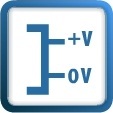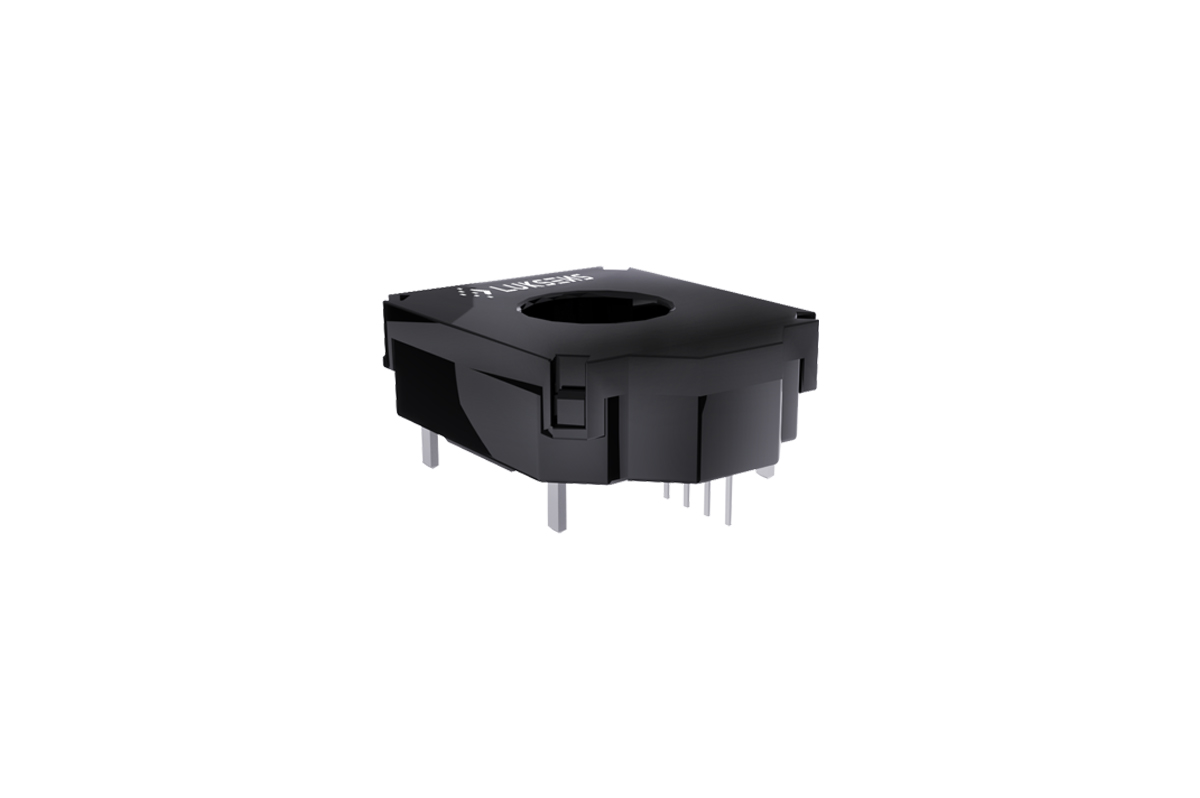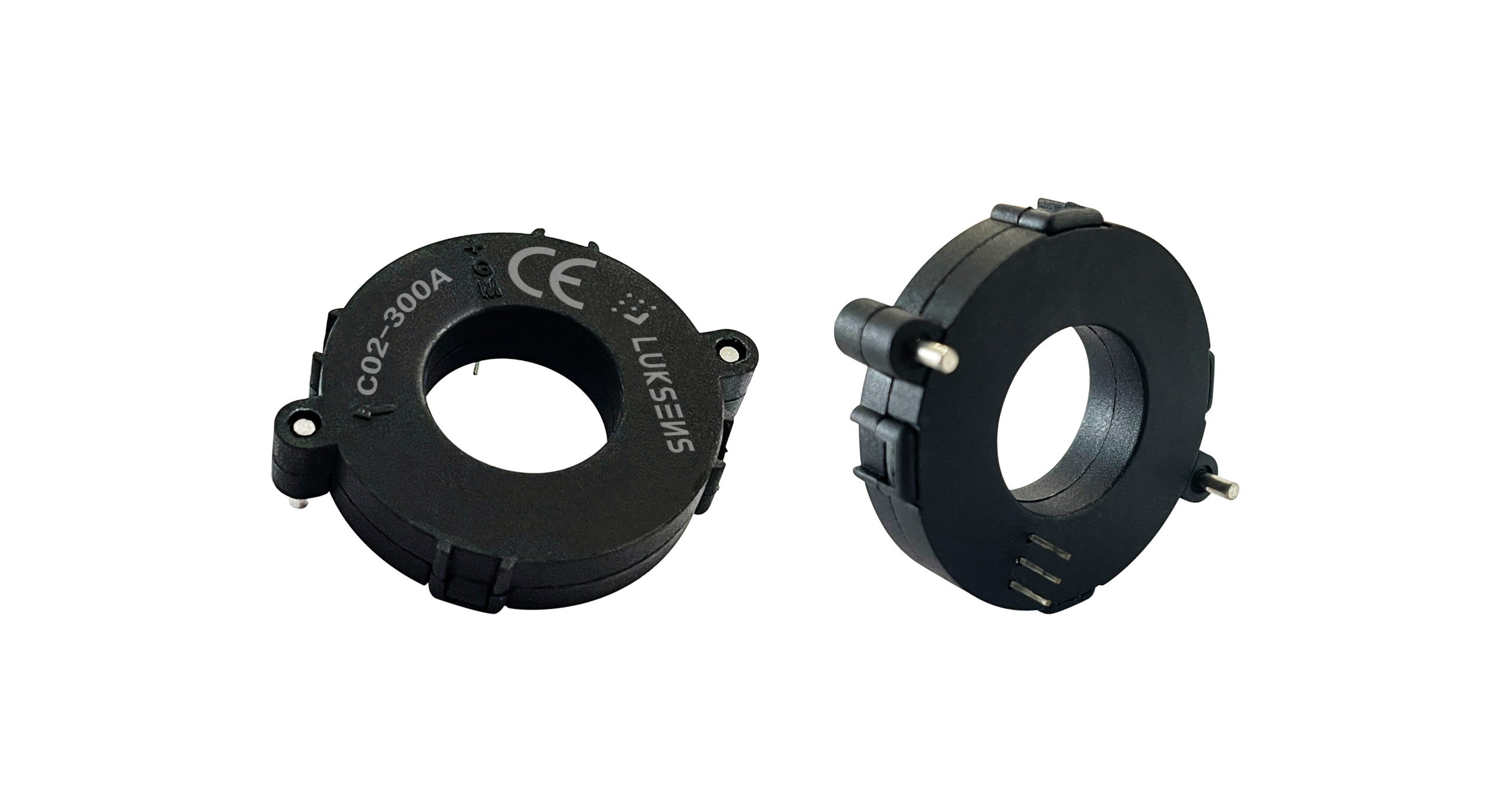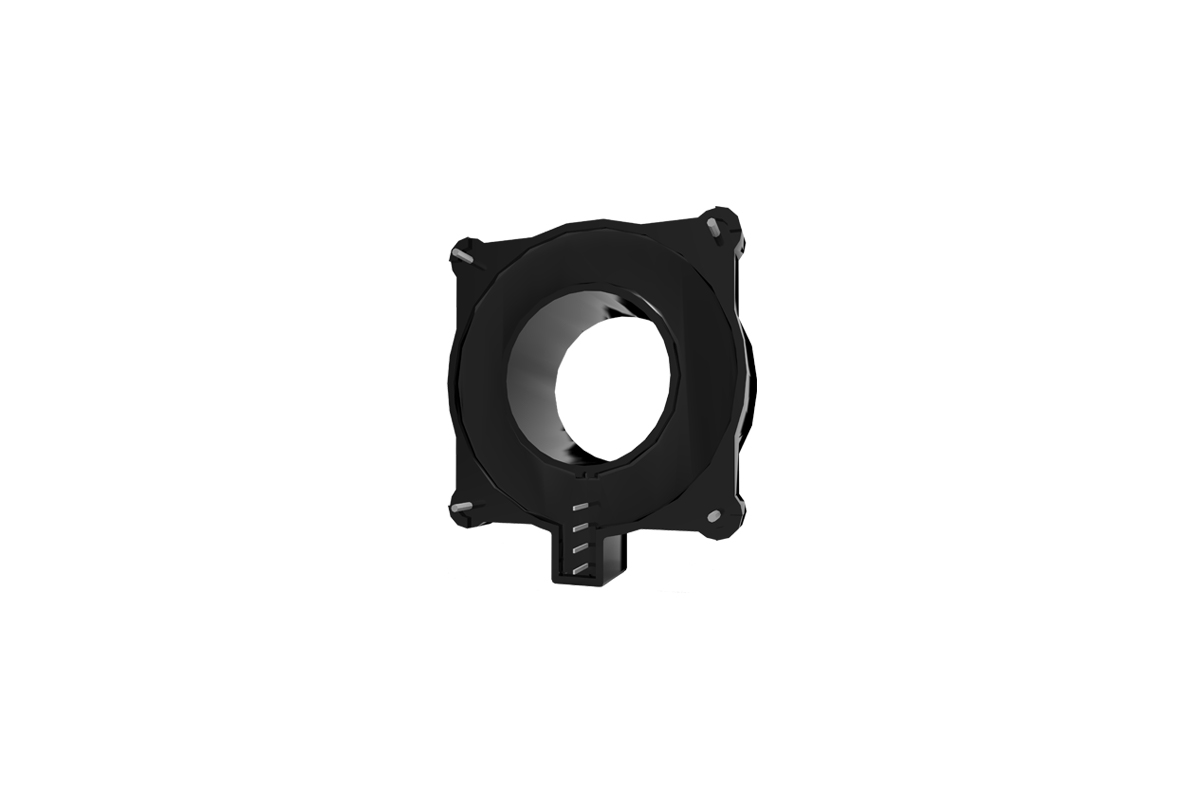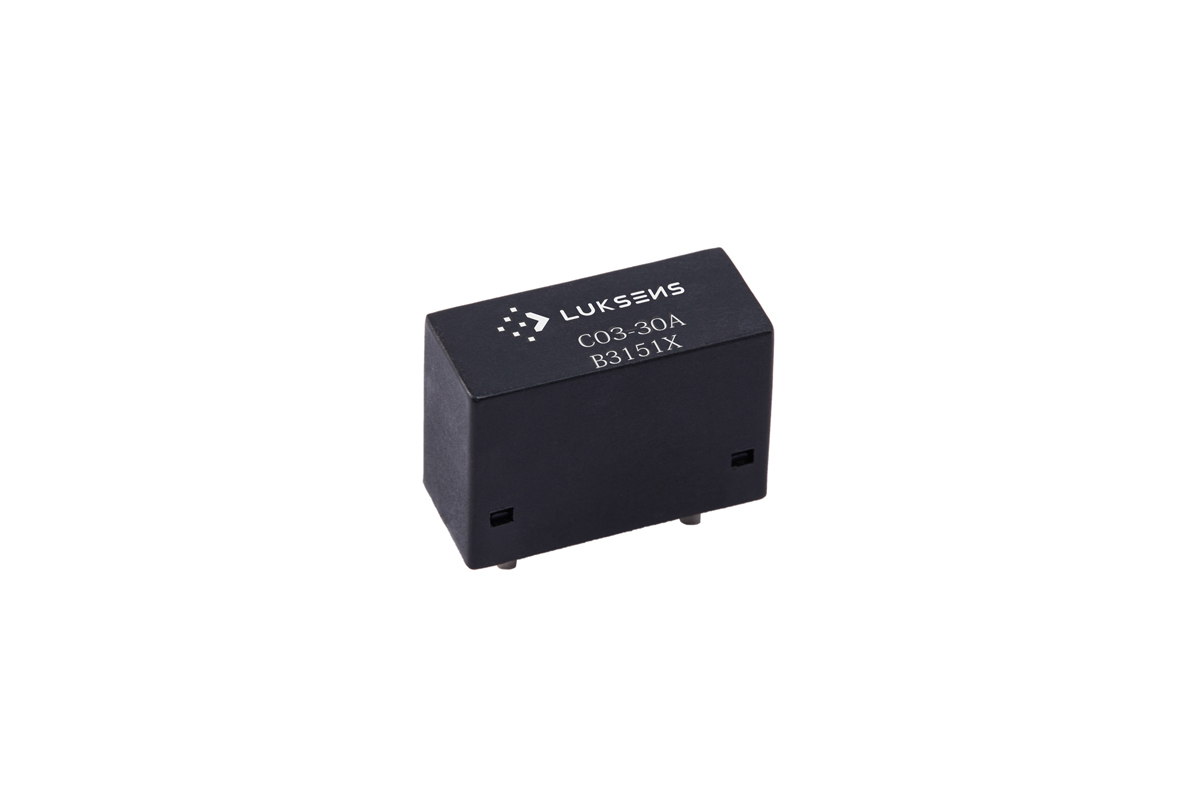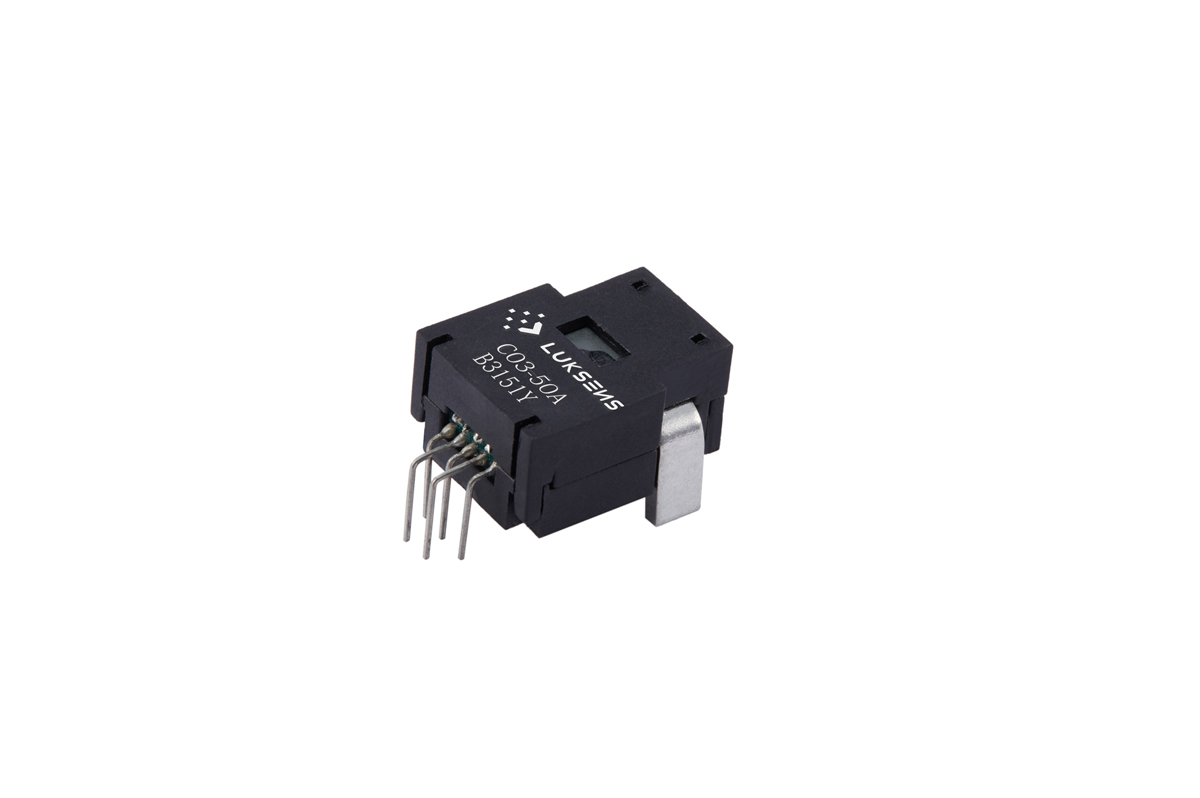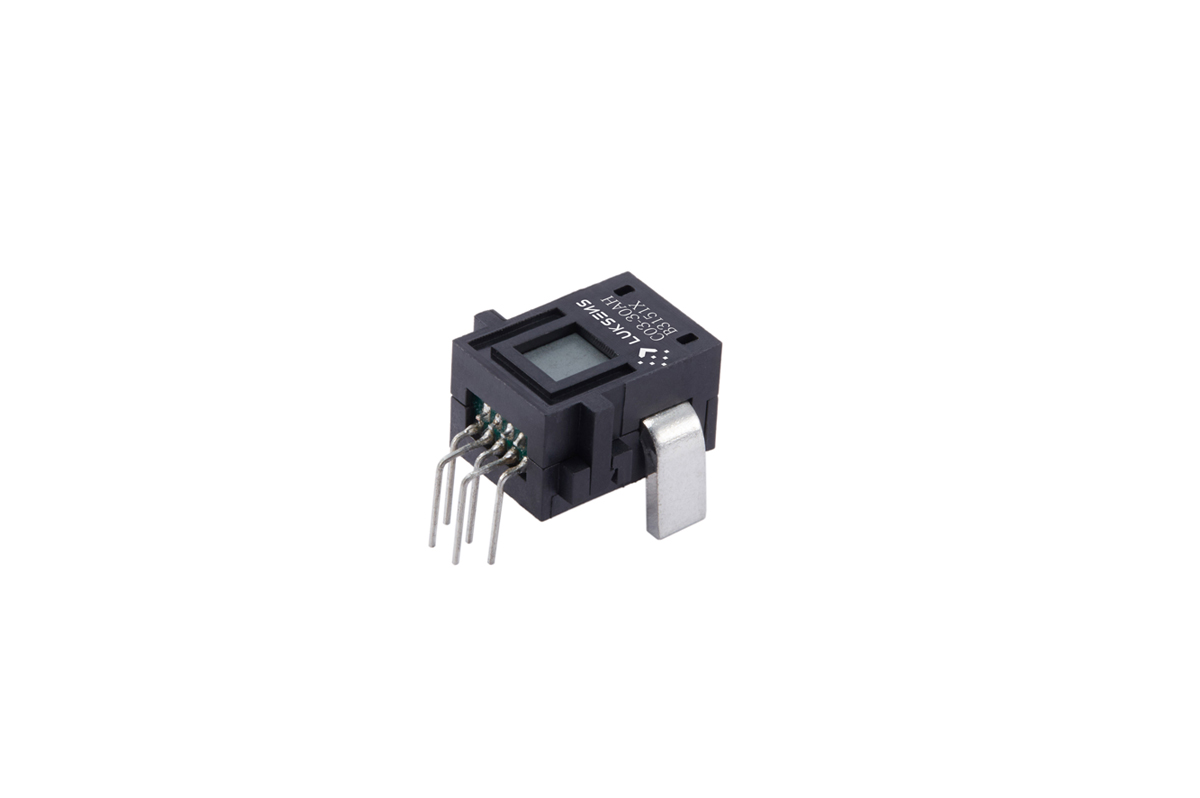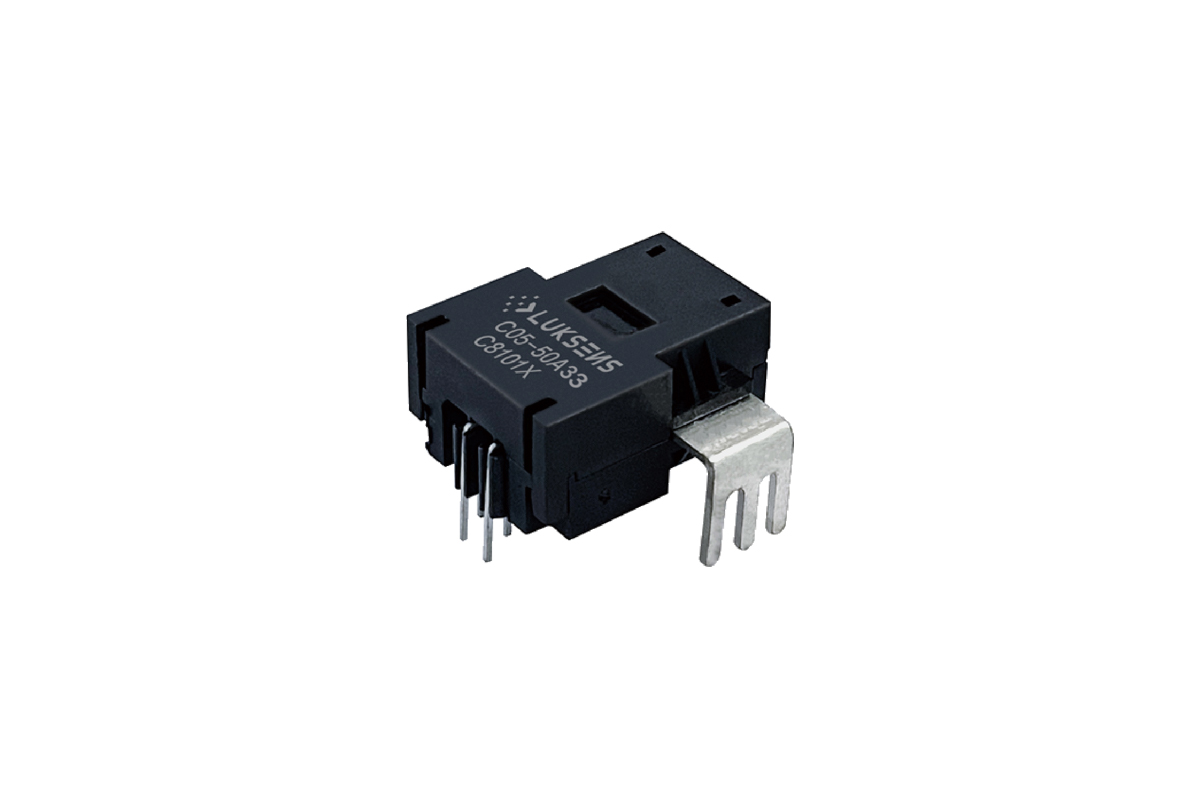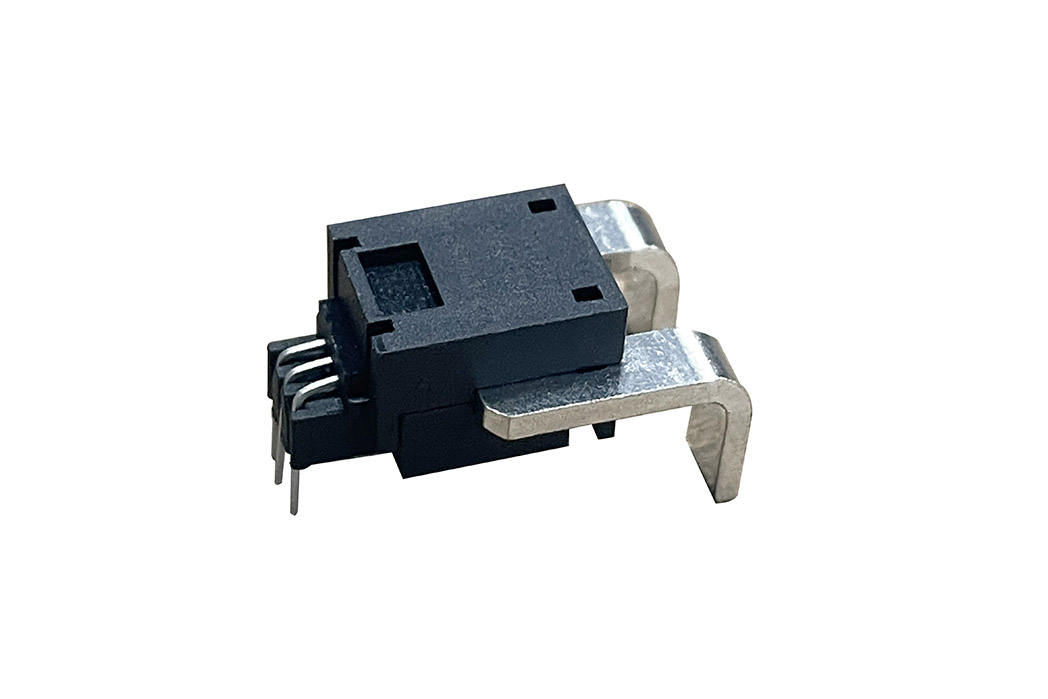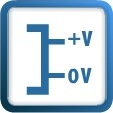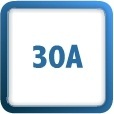What is Hall effect sensor?
Among magnetic sensors, those sensors which use the Hall effect are called Hall effect sensors. Hall effect sensors consist of several parts. First, it contains a Hall element that outputs a Hall voltage (HV) generated through the Hall effect. Second, it contains a Hall IC which makes the Hall output a high/low digital output through the IC process. Third, it contains a linear Hall IC that amplifies and linearizes the Hall output.
As one of the leading Hall effect sensor manufacturer, Luksens is capable of providing different kinds of Hall effect sensor products from mould designing, production to testing.
What’s the advantages of Hall effect sensor?
Hall effect sensor is a sensor that can realize magnetoelectric conversion, which can detect magnetic fields and their changes. Hall effect sensors have many advantages, they are firm in structure, small in size, long in life, easy to install, low in power consumption, high in frequency, resistant to vibration, and not afraid of pollution or corrosion by dust, oil, and salt spray. The Hall switch device has the advantages of no contact, clear output waveform, no jitter, high position repeatability, etc.
With over 20 years experience in sensor solution provider, Luksens, a Hall effect sensor supplier, are always committed to exceeding customer expectations through innovation and the continued improvement of our products and services.
Due to the ability to feel the magnetic field in a static state, simple structure, small size, light weight, wide frequency band (from DC to microwave), good dynamic characteristics, large dynamic range, long life and non-contact measurement and more, hall effect sensors are increasingly widely used in detection technology, automatic control technology and information processing. The future development trend of Hall effect sensor will be high sensitivity, high precision and high stability, and it will develop more rapidly on the basis of the development of microelectronics technology.
Luksens, with a good reputation as Hall effect sensor supplier, has been committed to being a reliable partner for users in the areas of high-quality sensor solutions. Through our professional team of research & development, manufacture, sales, and service, we offer innovative hall effect sensor solutions in Energy Management, Motion & Drives, Domestic Appliance, Welding, EV Chargers, Pumps, Air Compressors, Air Conditioners, Heat Pumps, Mechanical and Plant Engineering etc.
Two main categories of Hall effect sensor
Linear Hall effect sensor can be divided into two types, which are open-loop and close-loop. As a trusted Hall effect sensor supplier, Luksens provides both open open-loop Hall effect sensor and close-loop Hall effect sensor on current measurement from 5A to 2000A, with accurate low temperature drift linear hall sensor and digital programmable amplification technology.
Open-loop Hall effect sensor
Typically, open-loop Hall effect sensors use a magnetic sensor to output voltage proportional to carried current, then amplified to an analog output proportional to the current in the conductor. In terms of its structure, the conductor passes through the center of the ferromagnet to concentrate the magnetic field, while the magnetic sensor is placed in the gap of the ferromagnet.
Luksens, a reliable Hall effect sensor manufacturer since 2001, provides open-loop Hall effect sensors with C02, C03, C05, C06, K03, K18,AC3 series.
C06 open-loop Hall effect sensor series:
Manufactured by Luksens, a leading Hall effect sensor supplier, the C06 series offers efficient and precise sensing solutions for AC, DC and pulse currents in industrial, commercial and communication systems. It consists of three main components: an accurate linear Hall sensor with low temperature drift, a flux collector and a current transformer. It offers exceptionally low resistance, reduces power dissipation and temperature drift, providing exceptional performance.
*The advantages at a glance:
- Measures direct, alternating and impulse currents with high accuracy;
- Short measurement times, low noise;
- No insertion losses;
- High insulation against outside interference.
*Suitable for the following applications:
- Domestic appliances;
- Capturing and controlling the power output;
- Intelligent battery management systems;
- welding inverter;
- servo controller.
K03 open-loop Hall effect sensor series:
Manufactured by Luksens, a leading Hall effect sensor supplier, the K03 series is a current sensor based on the Hall effect. It enables the electronic measurement of direct, alternating or pulsed currents and their combinations with galvanic isolation between the primary (high current) and secondary circuits.
*The advantages at a glance:
- Version for long-range measurement
- High insulation against outside interference
- High anti-ESD (Human Body Model) capability 8kV
*Suitable for the following applications:
- AC variable speed drives and servo drives
- Static converters for DC motor drivers
- Uninterruptible Power Supply (UPS)
- Battery and rechargeable battery operation
- Welding applications
How to choose open-loop Hall effect sensor and close-loop Hall effect sensor?
The choice of open-loop Hall effect sensor versus close-loop Hall sensor requires consideration of accuracy and response time. If the application requires high precision, a close-loop Hall effect sensor is usually selected, which can eliminate the system sensitivity nonlinearity error mentioned above. In some applications, fast response is required to protect semiconductor devices such as IGBTs and MOSFETs so that the current in the application can be better controlled. If it can have sufficient accuracy and response speed, due to its inherent advantages in size, power consumption, etc., an open-loop Hall effect sensor is also an ideal choice. Luksens, an experienced Hall effect sensor manufacturer and Hall effect sensor supplier, has developed this new open-loop solution, which is smaller, has high precision and fast response, and is more economical than close-loop solutions.


